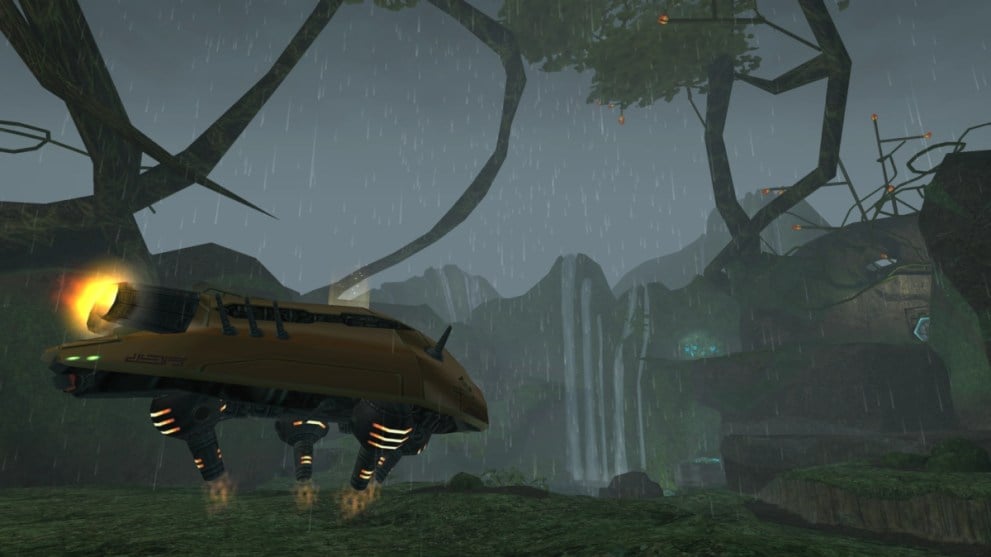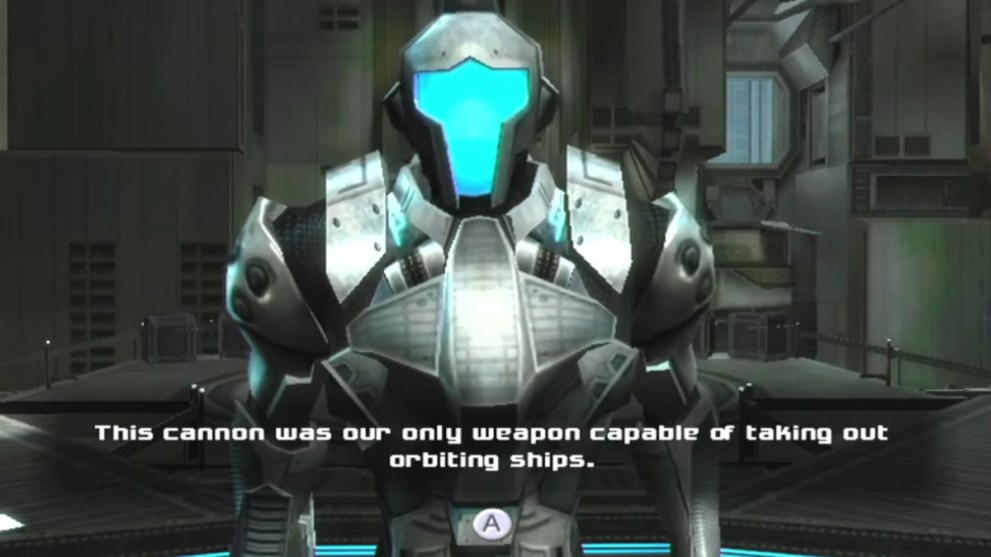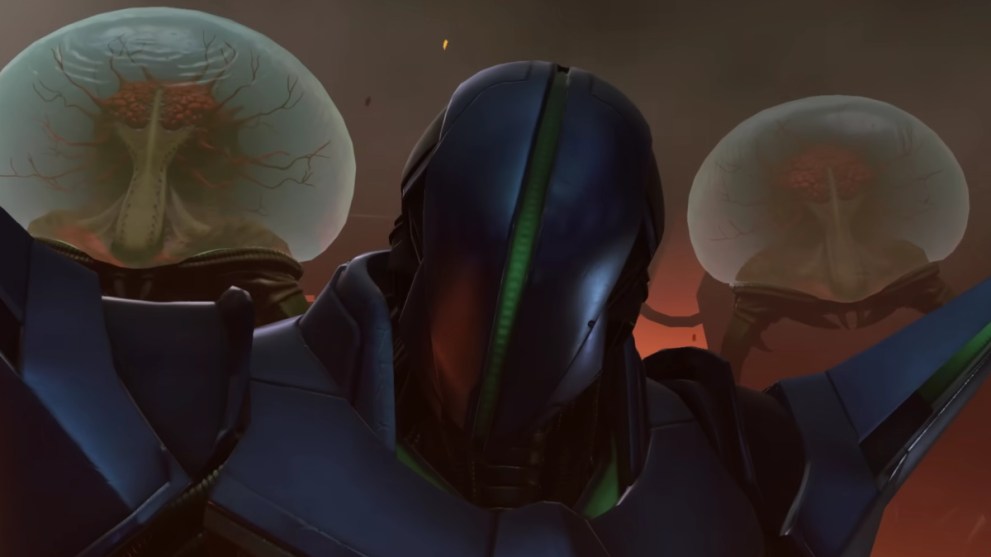Given how long Metroid Prime 4 has been in development, it’s little surprise that its reveal at the June 2024 Nintendo Direct has many people excited beyond belief.
Sporting some excellent modern-day graphics and an ominously designed new villain, the game’s latest trailer left it looking primed to deliver an action-packed experience most any fan would want to experience. It likewise stands as one of the only exclusives Nintendo has lined up for 2025, which means it’s in an optimal position to be the sole title Switch owners dig into upon its release.
It’s an ideal scenario all around, especially given the game’s turbulent development history. I’d be lying if I said I wasn’t fully on board the hype train headed toward its launch. But I’m also sure that it’ll fall short of its potential if it doesn’t do one very important thing; something that the last core entry failed to do, and something that was core to why the first two Metroid Prime games succeeded the way they did.
Simply put, Metroid Prime 4 needs to remember its roots and capture the magic of a Metroid game.

Since the first entry came out so many decades ago, the Metroid series has been centered around discovery and isolation. The majority of its entries are masterclasses in naturally encouraging you to trek across an unknown world, track down ancient artifacts forgotten by time, and puzzle out how to reach new corners untouched for centuries. Every choice or discovery you make feels like one you made naturally, and like one that was made thanks to your own curiosity.
And all the while, there’s that sense that you are utterly and entirely alone. There are no allies waiting in the wings to come and give you a clue or help you out of a difficult fight. Any living thing is almost certain to want to kill you, and the few exceptions are almost certain to be brief and fleeting. It’s just you and your wits, and the only person who can get you through your solo expedition is you.
This is something that the first two Metroid Prime games managed to capture perfectly. Their worlds felt massive and filled to the brim with opportunities for these sorts of experiences, and their jump to a 3D space only built upon these aspects thanks to how they forced players to more openly explore and dig into environments.
Likewise, its first-person perspective further hammered home the sense of isolation. I remember feeling more firmly in Samus’ shoes than ever before as rain dripped on her visor in Prime 1, and the tension of dodging blasts and attacks from the Ing made the danger feel more visceral than ever in Prime 2. It felt like a natural evolution of the series’ strengths, and like the series’ developer Retro Games understood what made the series special.

And yet, when you look back at the series’ last mainline entry, it’s plain to see that it did the opposite of all this – and it was to the detriment of the series as a whole.
From the jump, Metroid Prime 3: Corruption opted out of using all of these tried and true elements to streamline the experience and make it more in line with other action shooter titles. Samus had allies who clearly communicated the story and plot to you at regular intervals. Instead of one large planet to explore, there were several she visited at equally spaced intervals which each contained straightforward and linear missions.
Retro Studios wanted, or needed, to make a more traditional shooter that could appeal to the more casual audience of the Nintendo Wii, and they largely succeeded on that front. Just like so many other popular shooters of the time, it provided an easy-to-grasp narrative with a controlled gameplay experience anyone could get a handle on and complete. The game’s sales were decent enough, and by all metrics, it did what it needed to do.
Unfortunately, it came at the cost of what initially made the series stand out, and the game was much more forgettable as a result. If you were to ask anyone what they love most about the Prime series of games, chances are they’d list off plenty of memories from their time with Metroid Prime 1 or 2, complete with story beats or plot points. But outside of the Wii Remote controls that became the series standard, there wasn’t anything of note for them to hold onto from Metroid Prime 3.

Does this mean I hold every and any change to the Metroid series in contempt for deviating from its formula, and that I’ll only love Metroid Prime 4 if it’s exactly the same as what we’ve seen before? Not at all. We wouldn’t even have the Prime series if it weren’t for Retro’s attempt to change up the series’ formula a bit, and while I might adore Metroid Dread, there’s only so much the series can do within a 2D framework and the confines of traditional Metroid games.
All I hope for is that Retro Studios takes the series’ unique qualities into account while developing the game. Even so many decades later, there are still very few titles that can capture that same magic the Metroid games have. It created a genre all its own, and the Prime series’ initial changes only managed to build upon that legacy in some truly beneficial ways.
If they can manage to strike the right balance with the series’ latest entry, and bring it even further into the modern zeitgeist as a truly irreplaceable series, then there’s no telling how bright the franchise’s future could be.













Updated: Jun 20, 2024 07:14 am